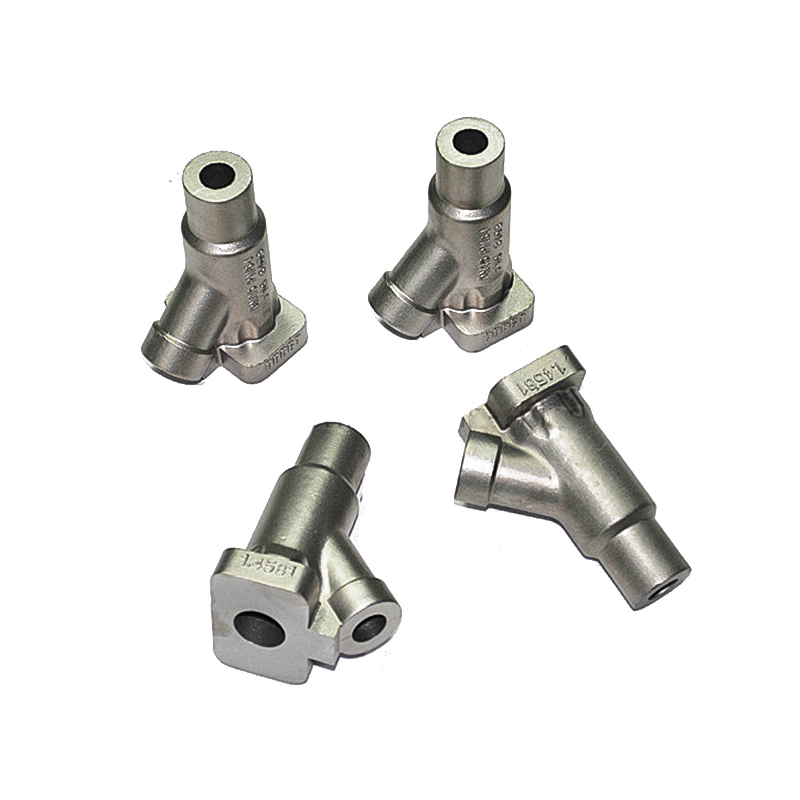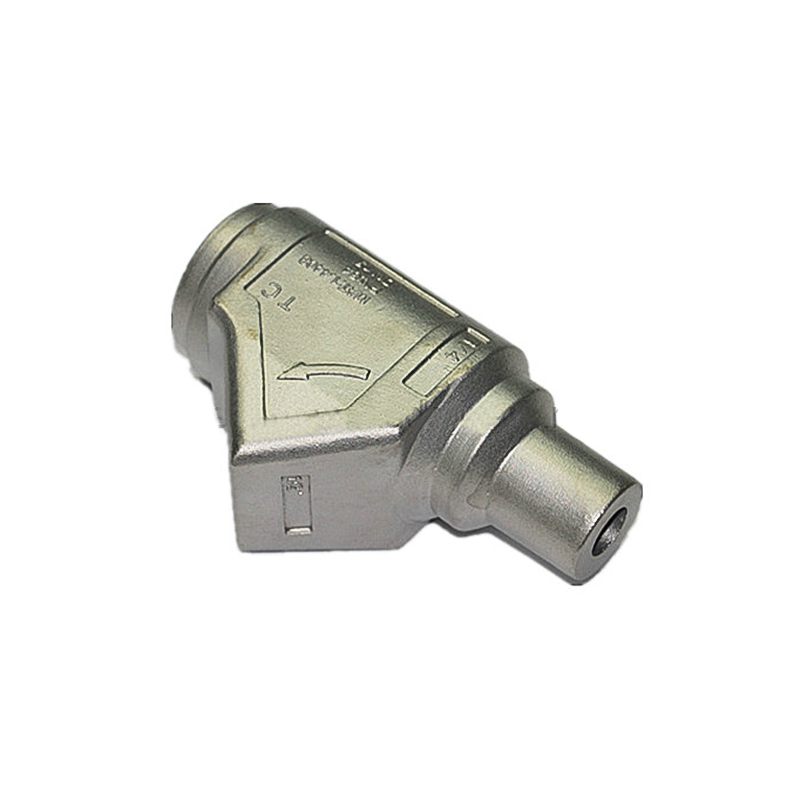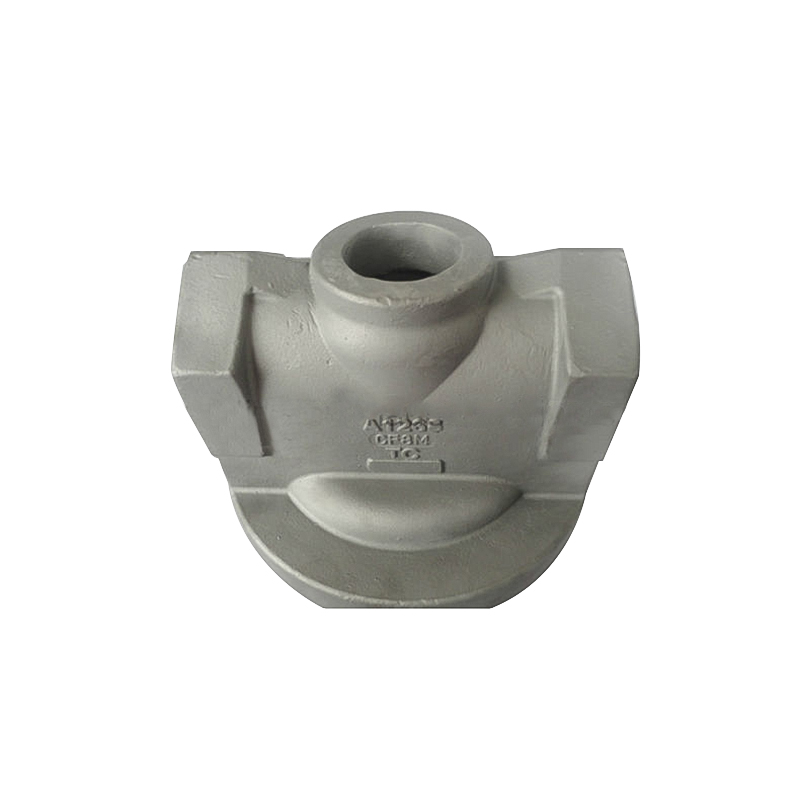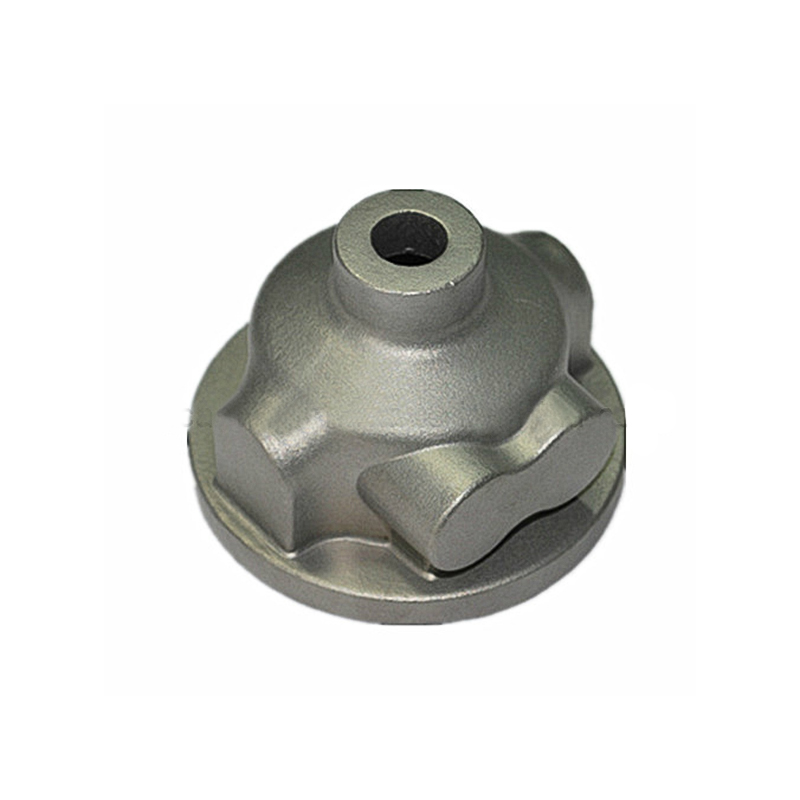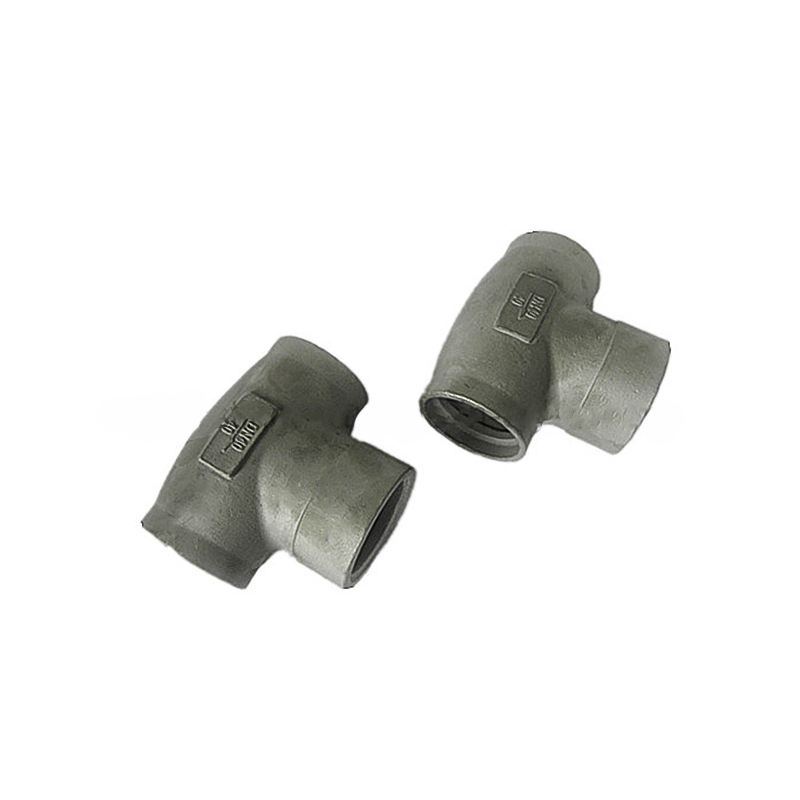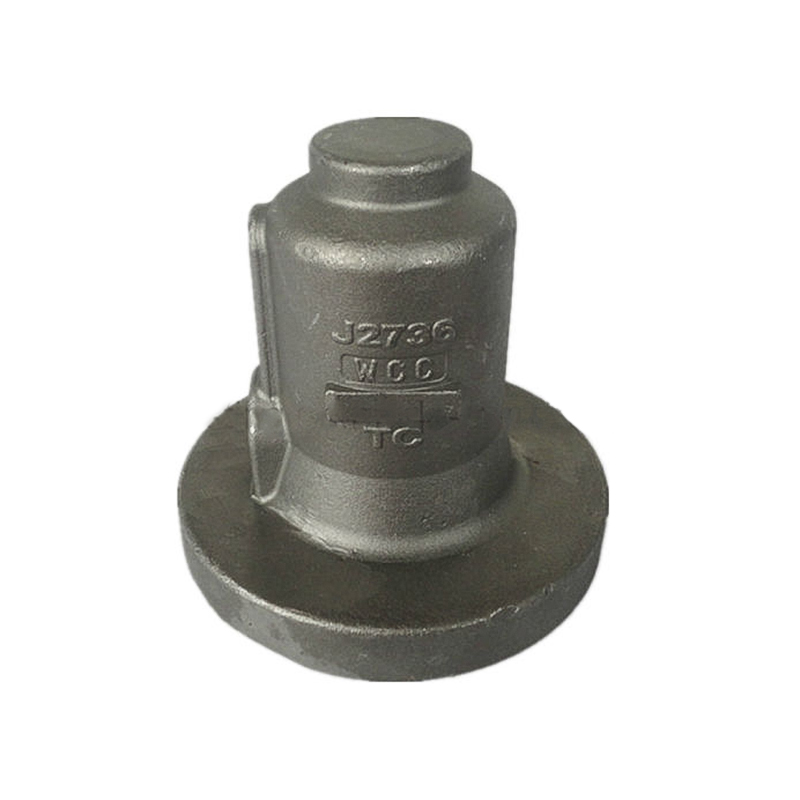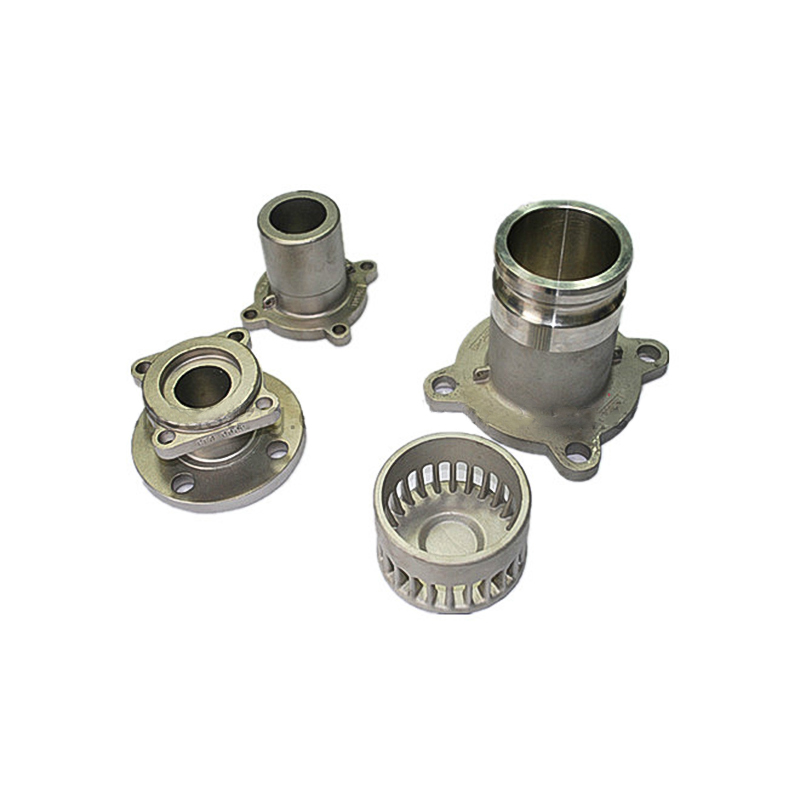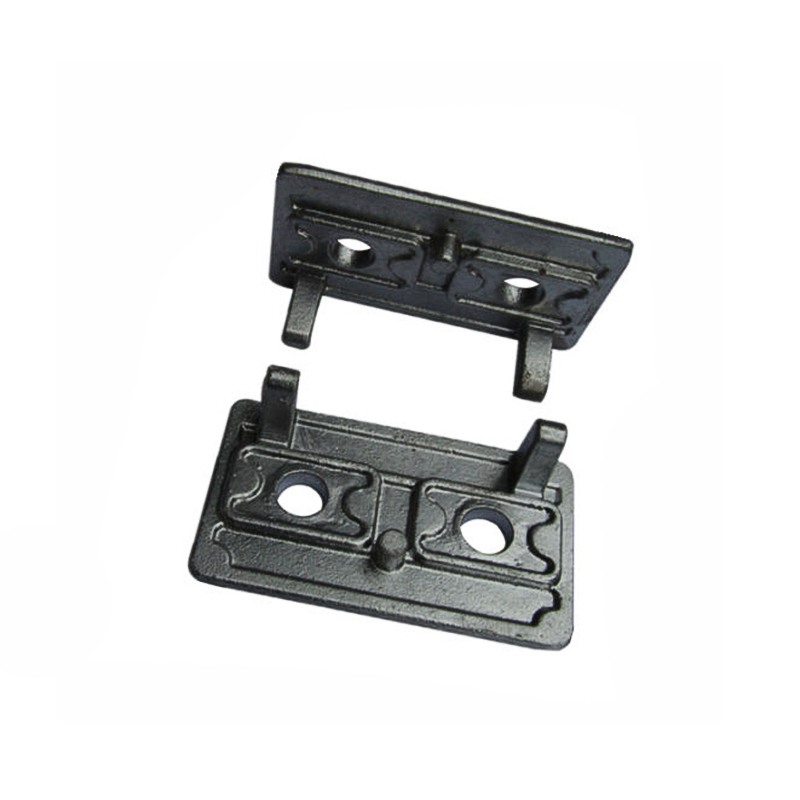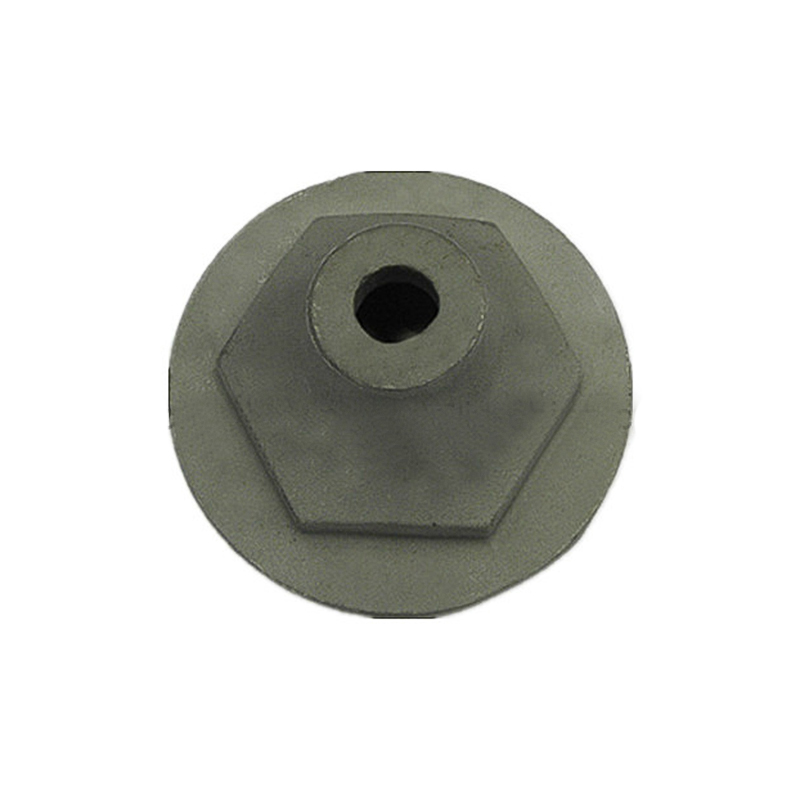Why CNC Machined Forgings Are the Future of Precision Manufacturing
In the world of manufacturing, precision is not just a luxury – it's a necessity. The demand for high-performance, reliable, and cost-effective components across industries has driven the evolution of manufacturing processes. Among the most significant advancements in this domain are CNC machined forgings, a combination of two powerful techniques – computer numerical control (CNC) machining and forging. These hybrid manufacturing processes are transforming how industries create high-tolerance parts, improving both the strength and precision of components while reducing waste and production costs.
As industries like aerospace, automotive, medical devices, and heavy machinery demand more complex, durable, and customized components, CNC machined forgings are emerging as the go-to solution.
Understanding CNC Machined Forgings: A Dual Process for Superior Results
Before delving into the reasons why CNC machined forgings are the future, it’s important to understand what this manufacturing method entails. The process essentially combines two traditional manufacturing techniques:
Forging: This involves shaping a metal workpiece using compressive force, typically at high temperatures. Forged parts are known for their enhanced strength and structural integrity because the metal grains are aligned in the direction of the force, leading to a more robust product.
CNC Machining: This refers to the use of computer-controlled machinery to precisely cut, drill, mill, or shape a workpiece according to a digital design. CNC machining offers unmatched precision and the ability to produce intricate details that are difficult to achieve with traditional methods.
CNC machined forgings combine the benefits of these two processes by first producing the part via forging, followed by CNC machining to achieve exact dimensions and complex geometries. The result is a part with superior mechanical properties and exceptional precision.
The Key Advantages of CNC Machined Forgings
Improved Material Strength and Durability
One of the most significant benefits of CNC machined forgings is the inherent strength and durability of the components. Forging, as a process, realigns the metal’s grain structure, which results in parts that are stronger and more resistant to wear and tear. The combination of this superior material integrity with the precision of CNC machining ensures that parts can withstand extreme conditions without sacrificing performance.
For industries like aerospace and automotive, where safety and performance are paramount, CNC machined forgings offer components that are not only stronger but also more reliable under stress, vibration, and fatigue.
Precision and Tight Tolerances
The combination of CNC machining and forging allows for the creation of parts that meet incredibly tight tolerances. CNC machines are capable of achieving micron-level precision, ensuring that every detail of the part is manufactured to exact specifications. This level of precision is particularly beneficial in industries that require highly detailed and intricate components, such as medical device manufacturing, where even a small deviation can compromise the functionality and safety of the product.
Parts produced through CNC machined forging processes have consistently accurate dimensions, reducing the need for additional secondary operations like grinding or polishing. The ability to meet such strict tolerances in a single process improves overall production speed and reduces material waste.
Design Flexibility and Complex Geometries
The flexibility of CNC machining enables manufacturers to produce complex and intricate geometries that would be difficult or impossible to achieve with traditional forging alone. CNC machining allows for the addition of detailed features such as slots, holes, and fine surfaces, all with a high degree of accuracy.
This is particularly valuable for industries that require custom designs or parts with unique geometries, like aerospace, automotive, and electronics. With CNC machined forgings, manufacturers can create lightweight, high-strength parts that include complex internal structures or optimized shapes for enhanced performance.
Cost Efficiency and Reduced Waste
While CNC machining and forging may seem like costly processes when considered separately, combining them in a single production run actually offers cost advantages. The forging step provides the basic shape and rough dimensions of the part, while the CNC machining process refines it to exact specifications. This reduces the need for excessive material removal, cutting down on waste and improving material utilization.
Furthermore, because CNC machining is highly automated, labor costs can be significantly lower compared to traditional machining methods. This makes CNC machined forgings an efficient choice for both small batch production and large-scale manufacturing where precision and cost-effectiveness are key.
Reduced Lead Times
CNC machined forgings streamline the production process by combining two steps into one. The initial forging provides a near-net-shape component that requires minimal post-processing. This can reduce lead times considerably compared to methods that rely on traditional machining from a solid block of material, where multiple steps are involved.
For industries like automotive and aerospace, where quick turnaround times are often essential, the reduction in lead times provided by CNC machined forgings can be a game-changer, allowing manufacturers to meet tight deadlines and respond faster to market demands.
Enhanced Consistency and Quality Control
CNC machining is inherently repeatable, meaning that once the machine is programmed, it can produce hundreds or even thousands of identical parts with a high level of consistency. This repeatability is critical in industries where each part must meet the same high standards of quality, such as in medical devices or military equipment.
Moreover, the combination of forging and CNC machining helps improve quality control. Since the forging process enhances the part’s mechanical properties, and CNC machining ensures tight tolerances and precise features, the final product is less likely to have defects or require rework.
Applications of CNC Machined Forgings
CNC machined forgings are ideal for a variety of industries that demand strength, precision, and durability in their components. Some key applications include:
Aerospace
Aerospace manufacturers require components that are lightweight yet strong enough to withstand extreme pressures and temperatures. CNC machined forgings are used to create critical aerospace components such as engine parts, landing gear, and turbine blades, where performance and reliability are non-negotiable.
Automotive
Automotive manufacturers rely on CNC machined forgings for engine components, transmission parts, suspension systems, and brake systems. These parts need to be strong, reliable, and lightweight to ensure vehicle safety, fuel efficiency, and overall performance.
Oil and Gas
In the oil and gas industry, where parts must withstand extreme temperatures, pressures, and corrosive environments, CNC machined forgings are used for valves, pumps, and drilling equipment. The high strength and fatigue resistance of forged components make them ideal for these demanding applications.
Medical Devices
Medical device manufacturers require precise, biocompatible components that must meet stringent regulatory standards. CNC machined forgings are used to create critical parts such as implants, surgical instruments, and prosthetics, where even small deviations can affect functionality and safety.
Industrial Equipment
CNC machined forgings are also commonly used in the production of heavy machinery, hydraulic systems, and tooling components. The combination of high strength and dimensional precision ensures that these parts perform reliably under heavy loads and constant use.
The Future of CNC Machined Forgings in Manufacturing
As the demand for more complex, high-performance parts continues to rise across industries, CNC machined forgings are poised to play a crucial role in the future of precision manufacturing. The ability to combine the strength of forged components with the precision of CNC machining will continue to meet the evolving needs of industries like aerospace, automotive, medical devices, and more.
Technological advancements in CNC machining, materials science, and automation will likely enhance the capabilities of CNC machined forgings even further, opening up new possibilities for lightweight materials, advanced alloys, and greater design complexity. As companies strive for greater efficiency, reduced waste, and more sustainable production methods, CNC machined forgings will remain a key technology in the global manufacturing landscape.



 English
English Deutsch
Deutsch 简体中文
简体中文
